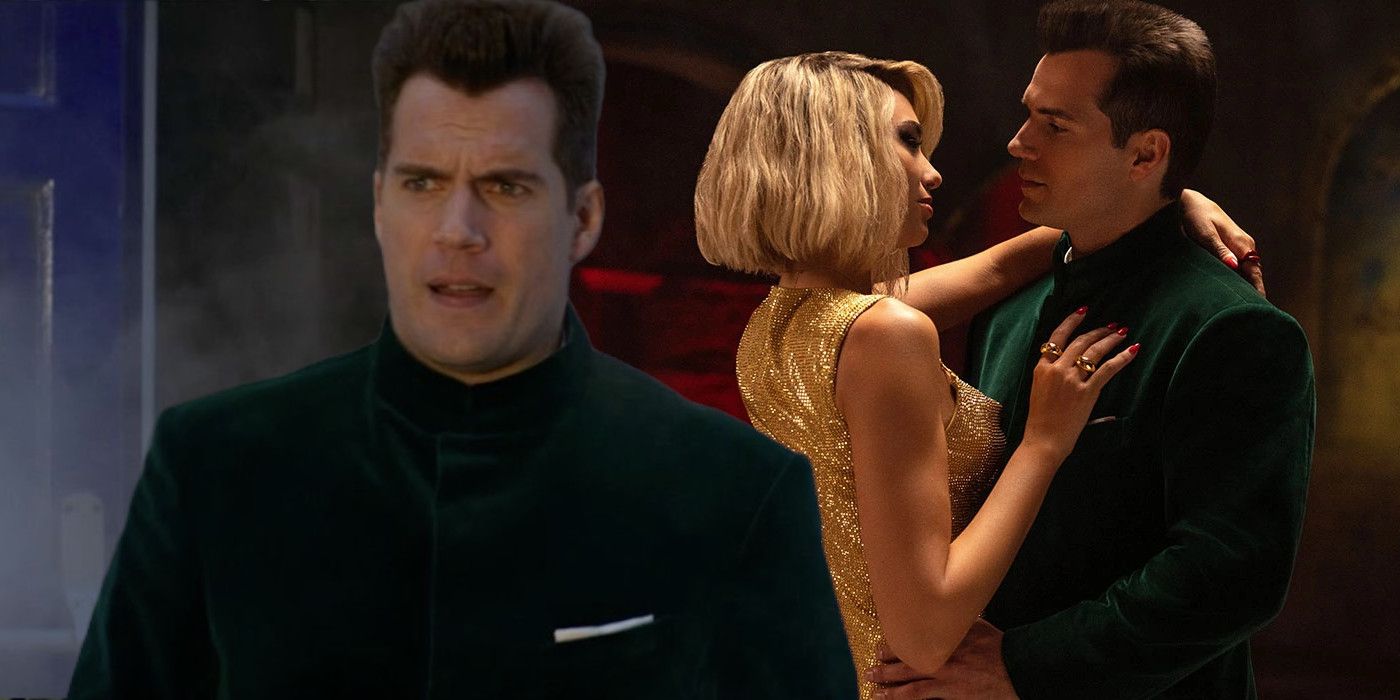
The Unveiling of Argylle: A Critical Analysis

A deep dive into the much-anticipated spy flick Argylle, directed by Matthew Vaughn and featuring a star-studded cast. Explore the Rotten Tomatoes score, critical reviews, and the unique twist of the storyline that has left audiences and critics divided.
Unveiling Argylle: The Anticipation and Expectation
The silver screen has been set ablaze with the much-anticipated release of Argylle, a spy movie directed by the illustrious Matthew Vaughn. With a stellar cast and high expectations, the movie has been the talk of the town, leaving audiences and critics on the edge of their seats.
The anticipation surrounding Argylle has been palpable, with movie enthusiasts eagerly awaiting the unveiling of this new IP. The excitement was further heightened by the inclusion of A-list celebrities such as Henry Cavill, Bryce Dallas Howard, Sam Rockwell, Bryan Cranston, John Cena, Sofia Boutella, Ariana DeBose, Catherine OHara, Samuel L. Jackson, Dua Lipa, and even Claudia Schiffers cat.
Expectations were soaring as fans and critics alike looked forward to a captivating and exhilarating cinematic experience, fueled by the promise of espionage, action, and intrigue. The stage was set for Argylle to make a lasting impression on the world of spy movies.
The Rotten Tomatoes Verdict: A Polarizing Reception
As the curtains rose and the reviews poured in, the Rotten Tomatoes score of Argylle emerged as a topic of intense debate and controversy. The initial reception of the movie, based on 100 critic reviews, painted a vivid picture of the critical landscape surrounding this much-anticipated spy flick.
Argylle's Rotten Tomatoes score, standing at 37%, sparked a wave of discussion within the film community. While some lauded the film's bold approach and unique narrative, others were critical of its execution and pacing, leading to a stark division in opinion.
Prominent publications such as Vanity Fair, The AV Club, and Variety weighed in with scathing critiques, highlighting the fatigue and shortcomings they perceived in Vaughn's direction and the screenplay. These reviews underscored the polarizing nature of Argylle's reception, embodying the clash of perspectives that has defined the movie's critical journey.
Unraveling Argylle: A Cinematic Journey
Beyond the Rotten Tomatoes score and critical assessments, Argylle embarked on a cinematic journey that sought to captivate audiences with its unique twist on the spy genre. The narrative, crafted by Jason Fuchs, aimed to infuse the espionage landscape with fresh energy and a female protagonist at its core.
Diving into the heart of Argylle, viewers were immersed in a world that echoed the spirit of classic spy comedies while injecting a modern flair and a heightened sense of adventure. The movie's zest and fun harked back to the bygone era of espionage cinema, evoking nostalgic memories while carving out its distinct identity.
While some found themselves swept away by the exhilarating storyline and the star-studded ensemble, others grappled with the pacing and the sense of restlessness that crept in. The dichotomy of reactions underscored the enigmatic allure of Argylle, leaving an indelible mark on audiences and sparking contemplation on the essence of spy cinema.













